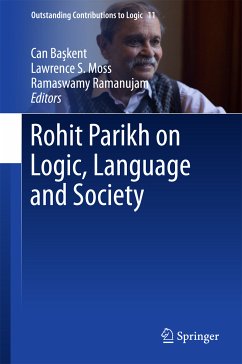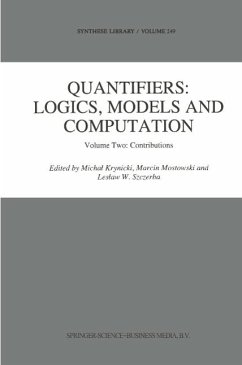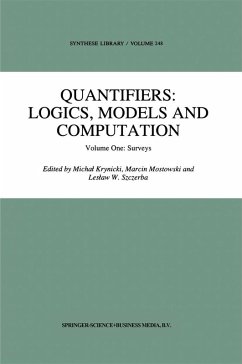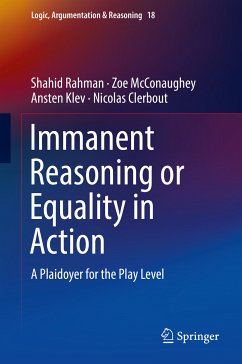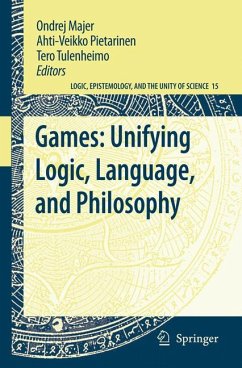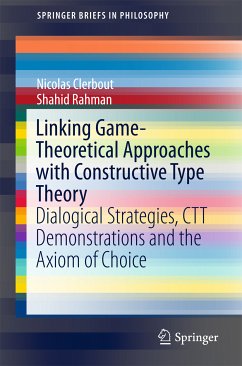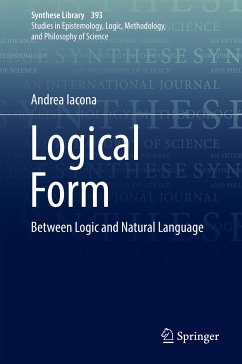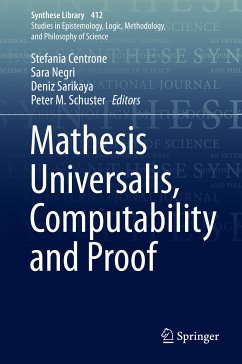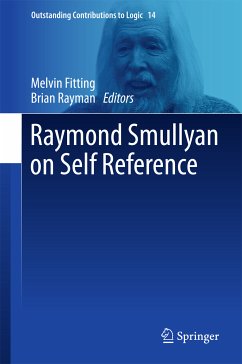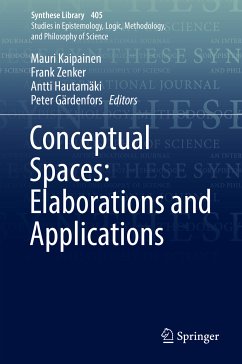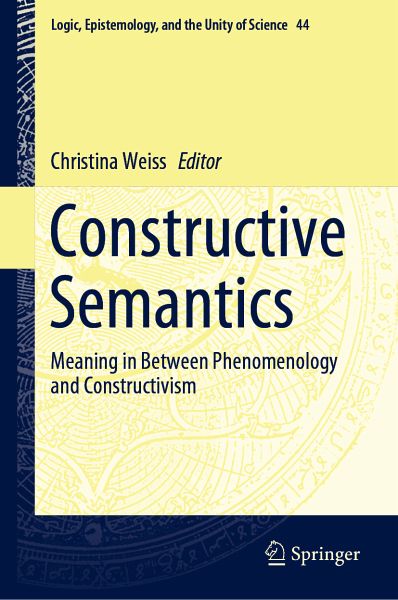
Constructive Semantics (eBook, PDF)
Meaning in Between Phenomenology and Constructivism
Redaktion: Weiss, Christina
Versandkostenfrei!
Sofort per Download lieferbar
88,95 €
inkl. MwSt.
Weitere Ausgaben:

PAYBACK Punkte
44 °P sammeln!
Identifies connections and differences between phenomenology and constructive logic
Treats both specific and general questions on the possibility of constructive phenomenology
Considers a unified constructive and phenomenological epistemology
Provides a bridge between two scholarly endeavours
Treats both specific and general questions on the possibility of constructive phenomenology
Considers a unified constructive and phenomenological epistemology
Provides a bridge between two scholarly endeavours
Dieser Download kann aus rechtlichen Gründen nur mit Rechnungsadresse in A, B, BG, CY, CZ, D, DK, EW, E, FIN, F, GR, HR, H, IRL, I, LT, L, LR, M, NL, PL, P, R, S, SLO, SK ausgeliefert werden.



